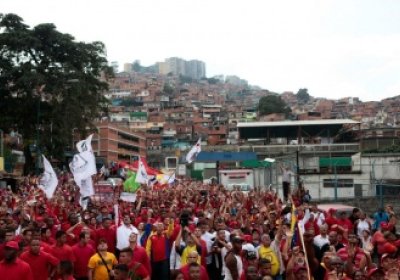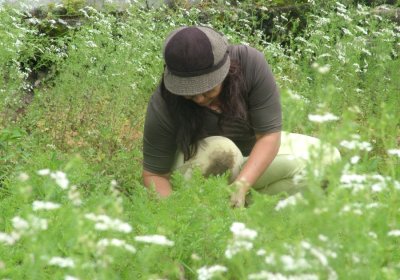Venezuela
Venezuelan ecosocialist Miguel Angel Nuñez, an adviser to Chavèz on agro-ecology, discusses one of the big challenges for the revolution "How can the revolution be liberated from the oil economy" in an interview for Green Left TV. The interviewers were Jim McIlroy and Coral Wynter, authors of Voices from Venezuela. Filmed and edited by Peter Boyle.
Venezuela's Vice-President Nicolas Maduro and government ministers marched with up to one million people on January 23 to defend the Bolivarian revolution, which has signficantly reduced poverty and promoted new forms of participatory democracy, on the country's Democracy Day. The right-wing opposition march turned out to be a small rally. Further, sectors of the far right have called on the armed forces to resist what they referred to as the “invasion” of “Castro-communism” in Venezuela.
- Previous page
- Page 49
- Next page







